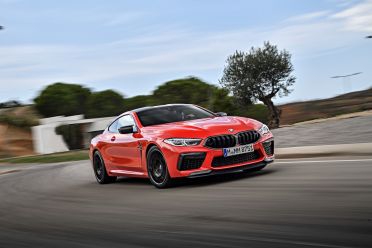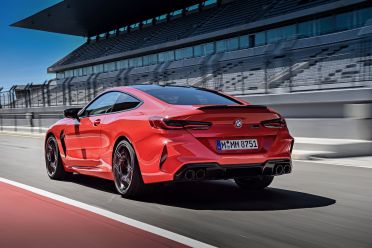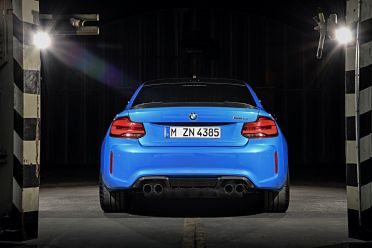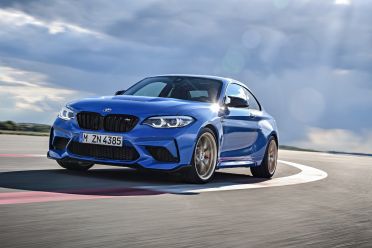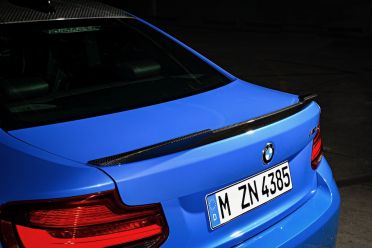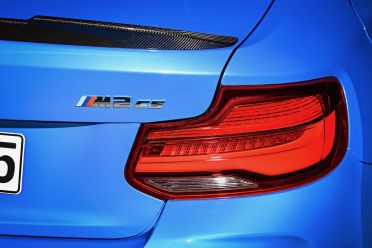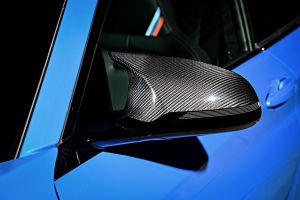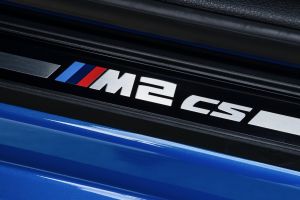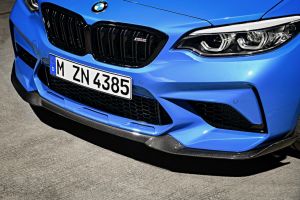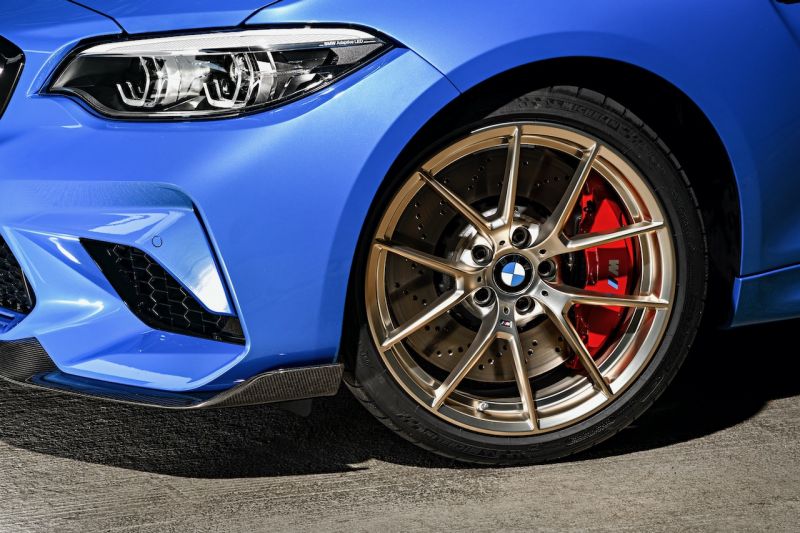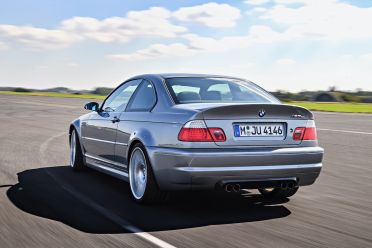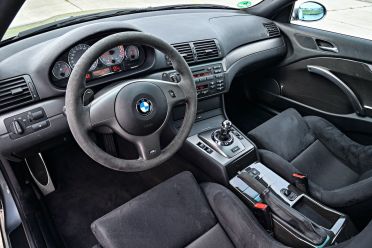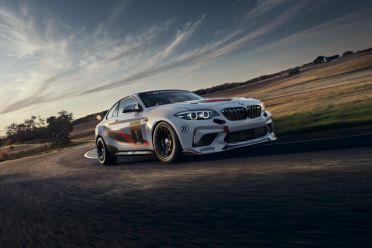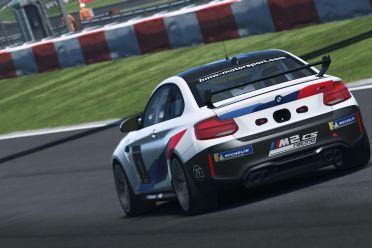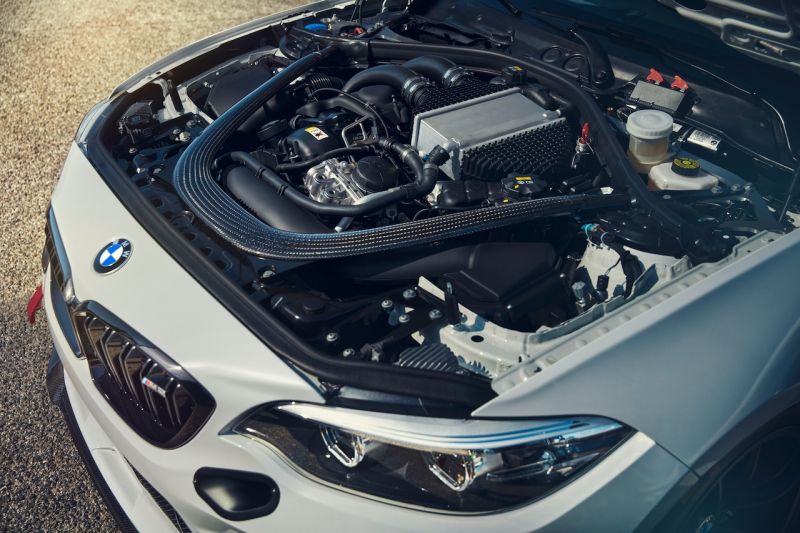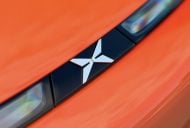The BMW M2 Competition is currently one of the best two M cars in the BMW range. It’s almost certainly the best M car in years.
The other noteworthy example is the latest M8 Competition, which we drove late last year at the Portimao circuit in Portugal.
It’s properly quick, and is exceptional through the high-speed bends thanks to its poised chassis.
But it’s the limited-edition M2 CS touching down later this year that’s getting all the attention, despite being priced from a lofty $139,900 before on-roads – a whopping $35,000 premium over the current M2 Competition.
It’s a hefty increase, but the M2 CS promises to offer those lucky enough to have snared one a significantly enhanced driving experience.
Australia has an allocation of just 70 cars from a total build of 2200 units, but they’re all spoken for according to BMW.
For starters, the 3.0-litre turbocharged inline-six now delivers 331kW of power, compared with 302kW for the M2 Competition. Torque remains the same at 550Nm
Performance improves accordingly, with the CS able to jet to 100km/h in 4.2 seconds with the six-speed manual or four seconds flat with the seven-speed dual-clutch transmission. That’s two tenths quicker a dual-clutch M2 Competition.
The M2 CS also gets the M Driver’s package as part of its standard equipment inventory, which kicks top speed up to 280km/h.
Improvements also go well beyond the power hike, with BMW M boss Markus Flasch calling the M2 CS “the sharpest handing car in our entire line-up”.
There’s a lot more carbon-fibre in this car. The bonnet, gurney flap, rear diffuser, front splitter, mirror caps, and centre console are all fabricated from the lightweight polymer.
The showpiece, though is the optional carbon fibre roof. It’s a sandwich construction for the first time on a BMW and what you see is what you get.
There are no support beams under the carbon fibre sheet. It’s enormously stiff, an an integral part of the M2’s body – and it also looks the business.
Another worthwhile option for those who intend to track the M2 CS are the dinner-plate size carbon-ceramic brakes with red M-badged calipers.
Along with adaptive suspension and an active rear differential, the M2 CS rides on a set of lightweight 19-inch alloys wrapped in track-focused Michelin Pilot Sport Cup 2 rubber for bags of traction… once they’re warm.
Inside, everything is trimmed in leather, Alcantara, more carbon-fibre, albeit with a few brushed metal trim bits for contrast.
The highlight are the lightweight racing-style seats borrowed from the M4 CS, complete with cutouts in the backrest.
As good as the M2 CS will likely be, the question on everyone’s lips is whether BMW will go one step further and bring back the long-awaited CSL badge that’s been missing in action ever since the 2004 M3 CSL.
It’s a car we drove in Germany more than a decade ago, but it’s still one of our all-time favourite driving experiences for its mesmerising agility and driver feedback, not to mention the scream of the 3.2-litre inline-six that fires straight through the cabin.
It’s one of the most visceral cars Alborz and I have ever driven.
Finally, we might be getting somewhere. Flasch recently used a video presentation to tell the world we can expect more specialised models from BMW M going forward.
“We will do more special editions than in the past,” he said, although he didn’t confirm what they’ll be just yet.
“We want to show that our cars are driven from the racetrack and close the gap between high-performance road cars and our race cars, and the CS and maybe even a CSL are alternatives we are looking at.”
The attitude of the M boss is both refreshing, and shows promise for a CSL. BMW is currently building an entry-level customer racer simply known as the M2 CS Racer with many elements of the GT4, but in a tighter package and with a more affordable base price of €95,000 ($160,000).
It wouldn’t exactly be a big stretch to turn the racer into a road-going CSL given the extra weight-saving measures on that car to allow it to race in the VLN Series.
Interestingly, the M2 CS Racer gets the S55 3.0-litre inline-six detuned to deliver between 205kW and 268kW – down from 331kW in the road-going version.
Torque remains the same at 550Nm, and is delivered via a seven-speed dual-clutch calibrated for motorsport.
The good news? BMW Motorsport is developing a more powerful version with the same 331kW as the CS road car. Look promising…





